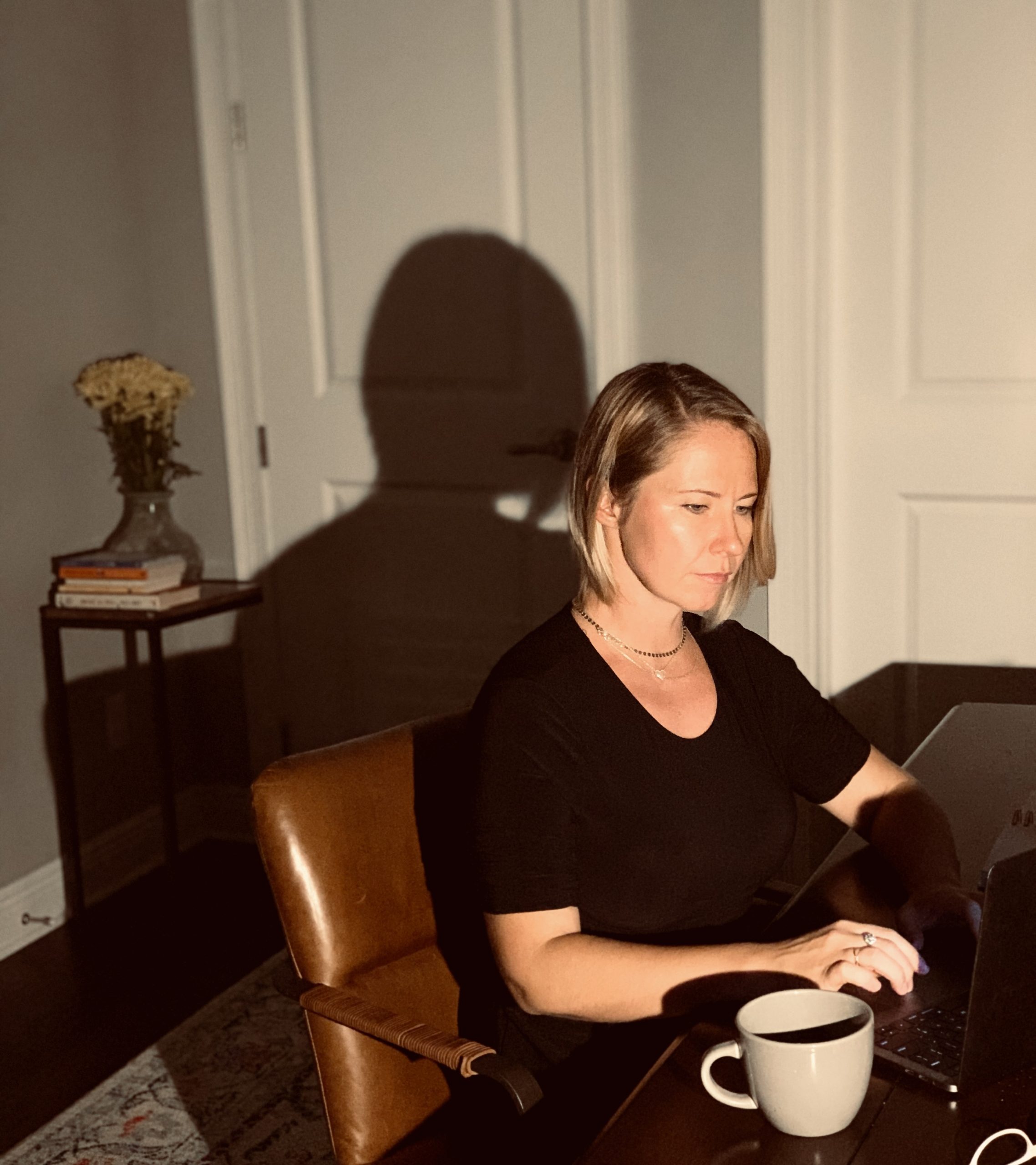Natalia Barbour started her tenure track at TU Delft in the middle of the pandemic. Working remotely from the USA, she has some lessons to share.
(Photo: Chris Montgomery / Unsplash)
If last year someone had told me that I would secure a tenure track position at one of the top universities in the middle of a global pandemic, move to another continent without visiting my future city first, and start working six time zones away from where I live, I would probably have laughed and said that no one is that crazy and all this sounds insane.
When I started interviewing at TU Delft, I was working as a postdoctoral associate at MIT. The interview process went great, I gratefully accepted the job, and within a few months I began working remotely from the USA, hoping that the pandemic would end soon.
Less than a year of Covid-19 later, I am getting up at 04:30 to microwave the coffee that is still lukewarm from making it the night before (brewing it then would wake everyone up). While Europe is already sipping their second cup, I fight the urge to feel that I am behind before I even begin. All of a sudden, my past and comfortable owl behaviour had to transform into an early bird chirp. This forced me to find surprising beauty in sunrises, learn a few unexpected lessons, and seek bliss in the madness.
‘Dividing a workday into short and meaningful intervals can do wonders’
I’ve read numerous articles about the high productivity of early risers and thought to myself that they must be a different breed of human. I lived my entire life being absolutely convinced that getting up early would leave me feeling unenergised and unproductive. I quickly learned that my perception was not the reality. The first two hours of the day do not only make me more creative and my focus laser sharp, but have also become something I look forward to as opposed to suffer through. The necessity, coupled with an open mind and curiosity, forced me to shift the source of joy elsewhere but did not make my joy less joyful.
Finding leftover bits and pieces of things you relish while your life has been turned upside down is difficult even if you live and work in the same time zone. Restructuring your day to accommodate a completely new narrative that you did not intend to author is also tiring because everything that once felt familiar, feels unfamiliar again. The good news – or rather hope – is that the things you enjoy are nearby if you look for them hard enough. DIY coffee will probably taste different from the one from the café, but it will still prevent a headache.
It is counterintuitive to feel so much time pressure in a world that seems like it has paused, but yet, you find it racing forward. Whether you just began your job, or you have had it for years, the struggle is the same. Since we cannot outrace time, the only way to tie this race is to become intentional in our relationship with it. By intentional I do not mean spiritual but rather aware of what each action should accomplish. I discovered that bringing awareness to deciding the priority of each day and dividing a workday into short and meaningful intervals can do wonders.
‘No one can be the perfect parent, researcher, caregiver, or partner simultaneously’
Allocating time to different tasks is critical because no one can be the perfect parent, researcher, caregiver, or partner simultaneously. Everyone, however, can be excellent in all those things sequentially. Unless physics redefines time, we have no choice but to accept it for what it is and leverage it for our benefit. It is a shaky balancing act that is like painting. Painters have to balance different colours and their intensity at different times to paint a beautiful picture in the end. We are the painters, our life is a canvas, the intensity and colours of the paint are the activities we decide to devote our time to.
As I am writing this article in the early morning hours, and am truly enjoying the silence around me that, if not for the pandemic, I would never have discovered, I start my day and my new position with an intention and promise to myself to seek the bright light in people and in situations. I have already experienced a very kind and virtual welcome that would have been different if I was there and not on the east coast of the USA. And most importantly, I would probably have never written this piece because I would not have a story to tell.

Natalia Barbour is Assistant Professor of transport + energy at the Faculty of Technology, Policy and Management. You can learn more about her research here or connect with her on Twitter: @natalia_barbour.
Opinion / Our platform is open to well written and well argued opinion articles written by students and employees of TU Delft. The maximum word count is 700. Email us at delta@tudelft.nl.


![[Letter] Tenure tracking during Covid-19: lessons from a newbie](https://delta.tudelft.nl/wp-content/uploads/2023/12/chris-montgomery-smgTvepind4-unsplash.jpg)
Comments are closed.